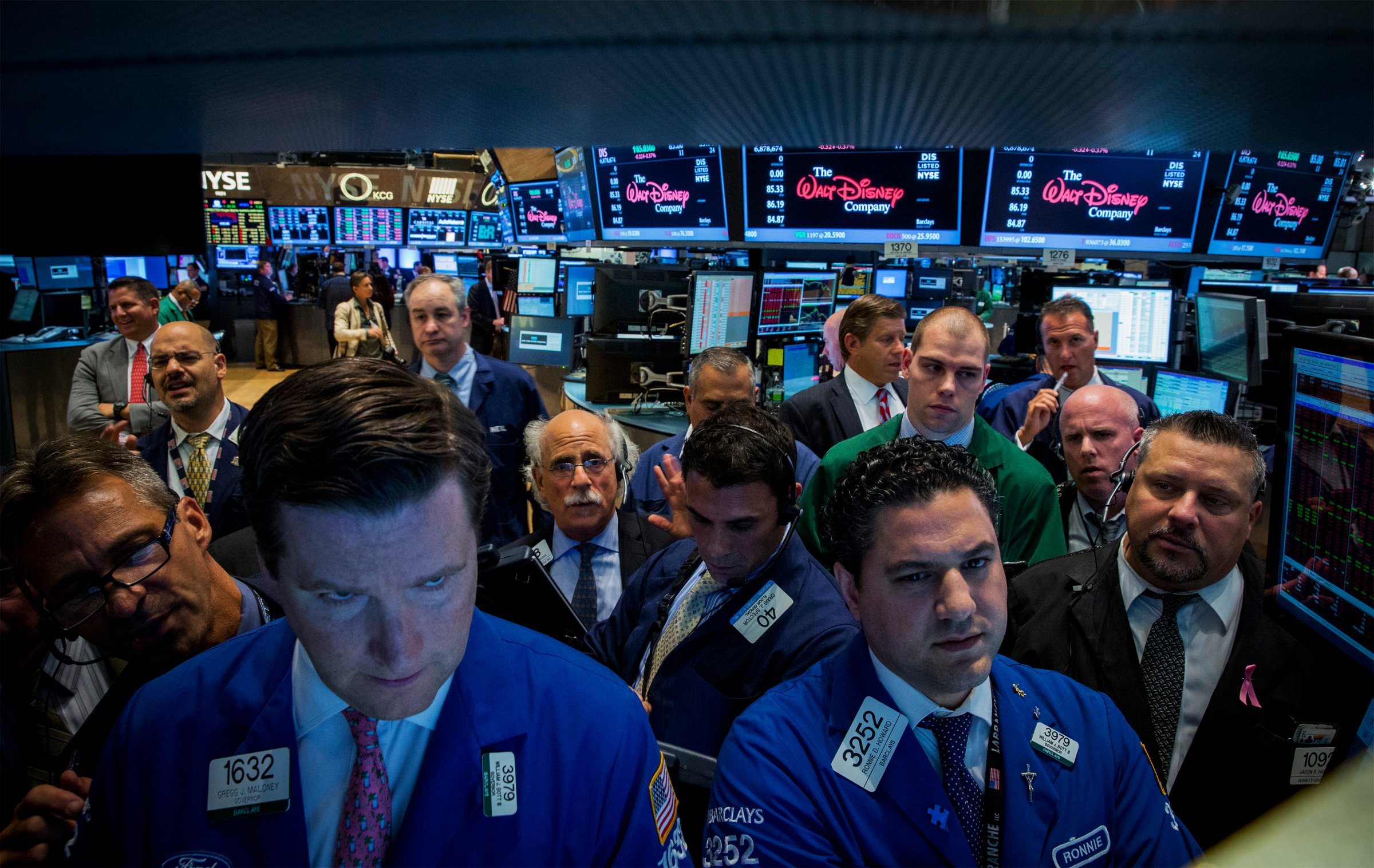
Markets across the world took a conspicuous dive on Thursday in the wake of Malaysia Airlines Flight 17’s catastrophic crash in Ukraine — an event that came toward the end of a week marked by political unrest across Eastern Europe and the Middle East.
The Boeing 777 crashed in a rural area controlled by pro-Russian insurgency forces, believed by Ukrainian authorities to have shot down the plane, killing all 298 people on board.
As governments mobilized to make sense of the tragedy, which a spokesman for Ukrainian President Petro Poroshenko denounced as an unequivocal act of terrorism, equity and currency traders anxiously rushed to sell their shares, eyeing the crash as indicative of a broader geopolitical tumult that could threaten global economic stability.
“What happened with the plane today and things swirling around with what may have actually happened with the plane caused a bit of a sell-off,” J.J. Kinahan, chief strategist at TD Ameritrade, told the Associated Press. “The geopolitical risk is always the first one that people look for because it’s the one that changes the fastest. The market always hates uncertainty.”
Things had been economically rocky in Russia on Thursday morning even prior to the incident, with new sanctions against the country being imposed by the U.S. and E.U. — a response to Vladimir Putin’s support for the very rebels believed to have downed the Malaysia Airlines flight. That knocked the MICEX, Moscow’s primary stock exchange, down 2.9% by the day’s end. The ruble was down 1.1% against the dollar.
Things were relatively secure elsewhere until news of the crash broke around 10:30 a.m. E.T., shortly after markets opened on Wall Street. Emerging headlines on the tragedy, compounded with reports of Israel launching a ground offensive against Hamas forces in Gaza, jump-started the panic. The New York Stock Exchange had fallen by more than 127 points by the time it closed on Thursday evening; the S&P 500 reported its largest one-day percentage drop since April; prices of gold and oil had risen globally.
Friday has so far proved grim for stock markets in Asia, with both the Hang Seng in Hong Kong and the Nikkei 225 reporting notable slides by mid-afternoon.
In Kuala Lumpur, the price of Malaysia Airlines stock has been on the decline — not only in the aftermath of Thursday’s incident but for the past several months after the disappearance of Flight 370 in March, which has placed a significant financial burden on the company.
More Must-Reads From TIME
- The 100 Most Influential People of 2024
- Coco Gauff Is Playing for Herself Now
- Scenes From Pro-Palestinian Encampments Across U.S. Universities
- 6 Compliments That Land Every Time
- If You're Dating Right Now , You're Brave: Column
- The AI That Could Heal a Divided Internet
- Fallout Is a Brilliant Model for the Future of Video Game Adaptations
- Want Weekly Recs on What to Watch, Read, and More? Sign Up for Worth Your Time
Contact us at letters@time.com